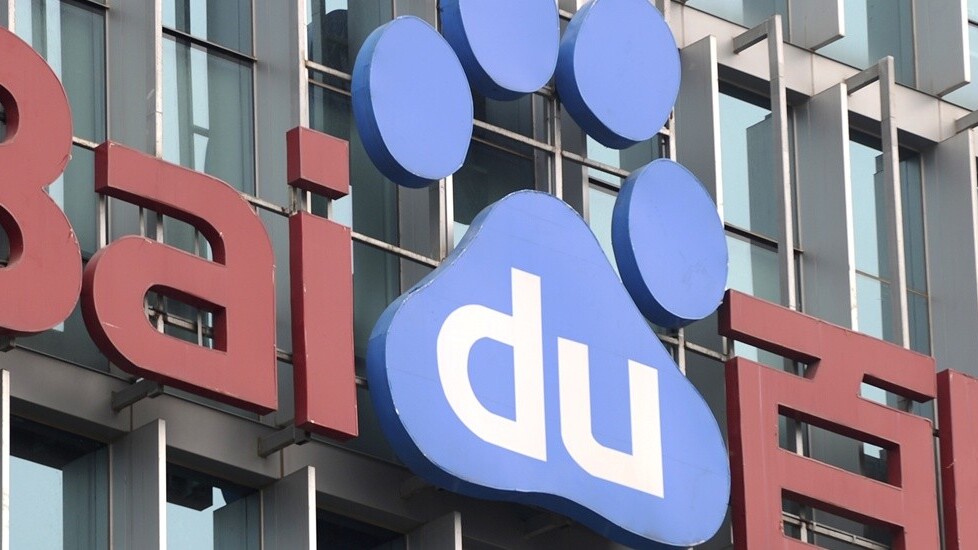
Baidu is often referred to as ‘the Google of China’, in reference to its 80 percent stronghold on the country’s search market, but its approach to mobile is very different to Google’s, and it could pay dividends in the future.
Hot on the heels of a $1.8 billion deal to buy 91 Wireless, one of the largest third-party app stores in China, Baidu yesterday unveiled a ‘Light App’, the center of its Web app strategy aimed at letting users easily get content and services on their device.
Third party app stores have risen to power in China thanks to the fact that Google Play does not provide any paid-for apps, while Apple was slow to provide local currency options for its App Store. Baidu has secured a huge chunk of the market with the 91 Wireless deal, but its move into Web apps is complimentary — and it certainly seems like a solution that *could* prove popular in the future.
An app store within an app
China’s smartphone market is the largest in the world (based on devices) thanks to increasing numbers of consumers who are ditching feature phones in favor of something more sophisticated — most of which are powered by Android, in some form. Light App is designed to bypass the app store and make finding services and information easy for anyone.
Light App is essentially a host directory for Web apps, in the same way that a search engine is the gateway to the desktop Web. It taps into Baidu’s existing cloud services — that includes Google-style Docs and Drive, as well as its own Android launcher — to provide an app store within an app.
Turning Web apps like native apps
Traditionally Web apps face some limitations — such as a lack of support for voice commands — but Baidu says Light App can provide native functionality, such as location-based services, active the camera/phone call, save to the cloud and more.
Baidu uses an example from the vibrant taxi app space to illustrate how the system works.
In this case, a user inputs search terms, after which they are served a list of related apps. From here they open their app of choice — which loads instantly without a download — and enjoy a native app-like experience, that also includes voice commands.
When finished with a service, it can be added to ‘My Apps’, which acts like a bookmark for Web apps.
A complement to native apps
Baidu says Light App has the potential to serve different apps and services based on the device or location of a user, while it is planning to integrate apps into its Baidu browser and Hao123 listings app.
It says developers will be paid using a revenue share model and from ads within Light App. Certainly, Baidu’s reach and name makes it appealing to developers, many of whom struggle to have their apps ‘found’ in app stores — that’s something that Baidu CEO Robin Li says is “fundamentally flawed”.
Light App, combined with Wireless 91 and its Baidu Cloud services, gives Baidu a strong presence in China’s mobile app and content space, and a type of service to seemingly suit all kinds of users: from tech-savvy app aficionados to smartphone newcomers who navigate their phone like a computer.
The question is whether users will respond to these services.
Baidu is far from alone in pursuing Web apps in China, browser maker UC has a content platform while Tencent-owned messaging app WeChat serves multimedia and games to mobile. They, and others, are betting that app stores aren’t the only way to deliver content to mobile in China.
Headline image via Liu Jin/Getty Images
Get the TNW newsletter
Get the most important tech news in your inbox each week.






